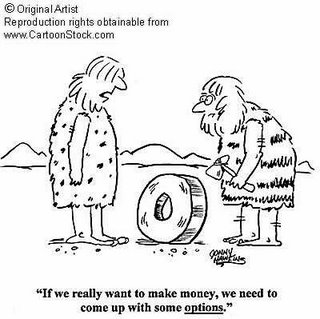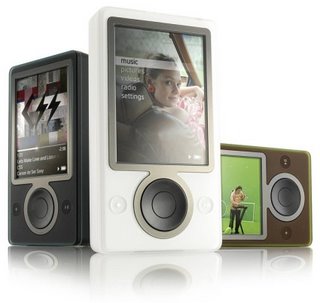 In what is fast becoming one of my favorite blogs Emergence Marketing comments on a recent experiment conducted on ebay Germany. They invited one group of customers into a community, and kept another group as a control. Of the roughly 60,000 participants:
- 3,000 were active
- 11,000 were lurkers
So far, so very very good (however, these may be selection effects in that the survey was conducted among ebay participants, and thus have "self-selected themselves" as stronger potential candidates for wanting to communicate, compete, and collaborate online). The bottom line impacts are telling however:
In what is fast becoming one of my favorite blogs Emergence Marketing comments on a recent experiment conducted on ebay Germany. They invited one group of customers into a community, and kept another group as a control. Of the roughly 60,000 participants:
- 3,000 were active
- 11,000 were lurkers
So far, so very very good (however, these may be selection effects in that the survey was conducted among ebay participants, and thus have "self-selected themselves" as stronger potential candidates for wanting to communicate, compete, and collaborate online). The bottom line impacts are telling however:
- Lurkers and active participants won up to 25% more auctions
- Lurkers and participants paid prices that were as much as 24% higher
- Lurkers and participants spent up to 54% more money in total
- Active participants listed up to 4 times as many items
- Active participants earned up up 6 times as much monthly sales revenue
- For first time sellers who were lurkers and participants, 10 times as many of them started selling on eBay after joining the community
All in all the activities of the lurkers and participants resulted in 56% more sales during the year of the study - bringing in millions of additional dollars into eBay's bottom line.
In a previous post I mentioned that Dell should monitor blogs etc. for influence and try and manage trust and message. Well, good on Dell, their man in Austin Texas dropped me a comment, so they are way ahead of me! Now here is a thought, Dell has a pop up that tells me I have "wireless issues", or "low ink"... would I opt into a community where Dell would offer to link me to someone who solved this issue I seem to be having rather than a customer service rep? mmm.... technorati tags: customer, interaction, voice, messaging, customer, contact












